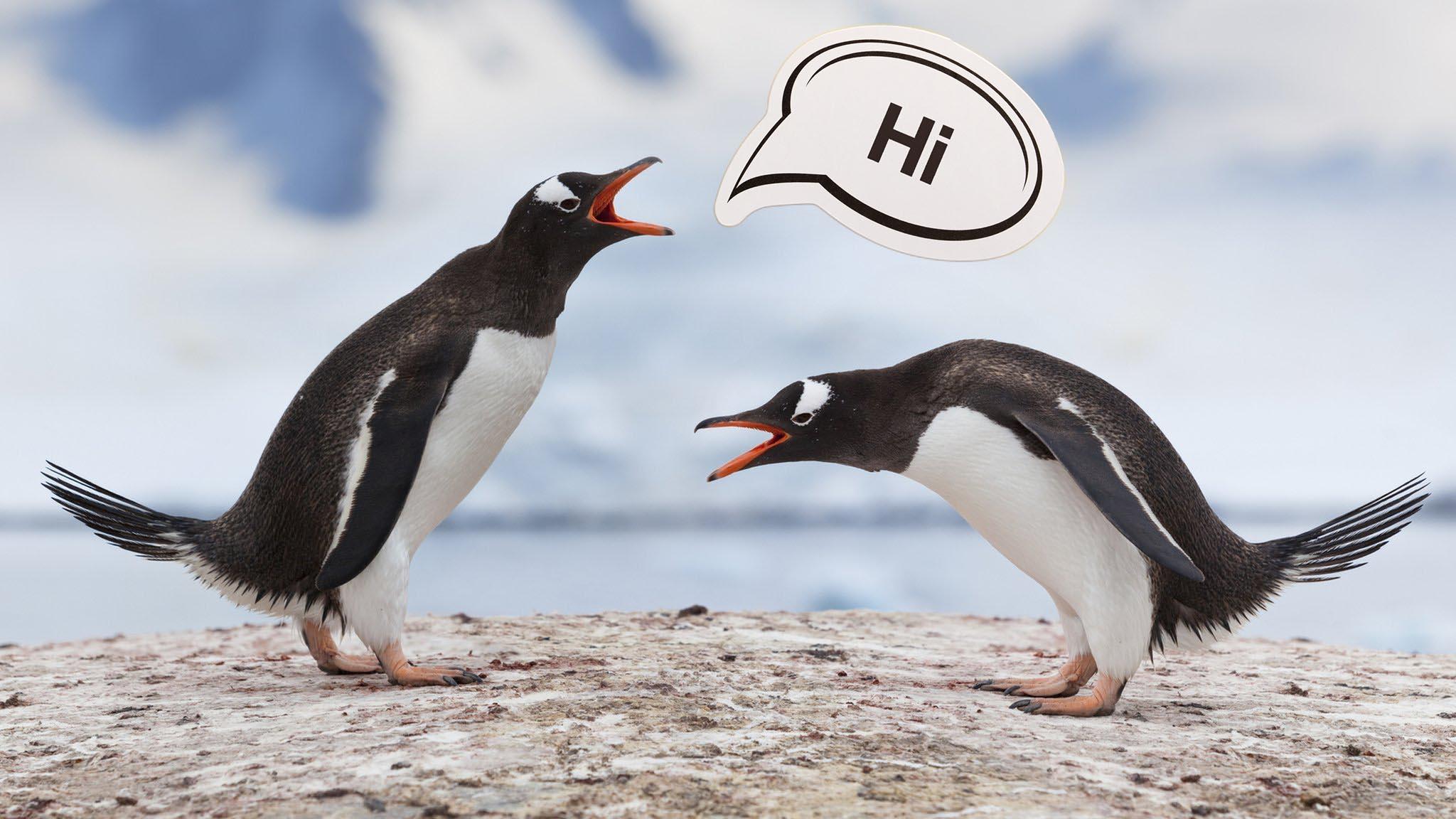The salamander who hasn't moved for years and other lazy animals
- Published
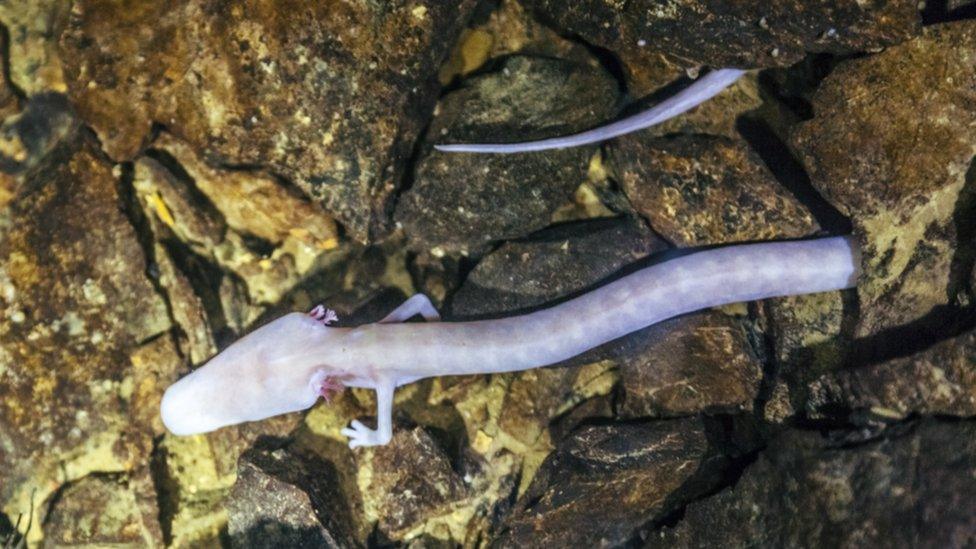
Have you ever played the party game, musical statues?
Well, scientists may have discovered the world's best player. A cave salamander that hasn't moved for over seven years!
Researchers from Bosnia-Herzegovina have been studying a group of the blind creatures for over eight years.
They found that the species can live in complete darkness underwater for up to 100 years, and can survive on just one meal every 10 years.
These spooky salamanders got us thinking about other critters who don't really do much, but are impressive all the same.
Limpets
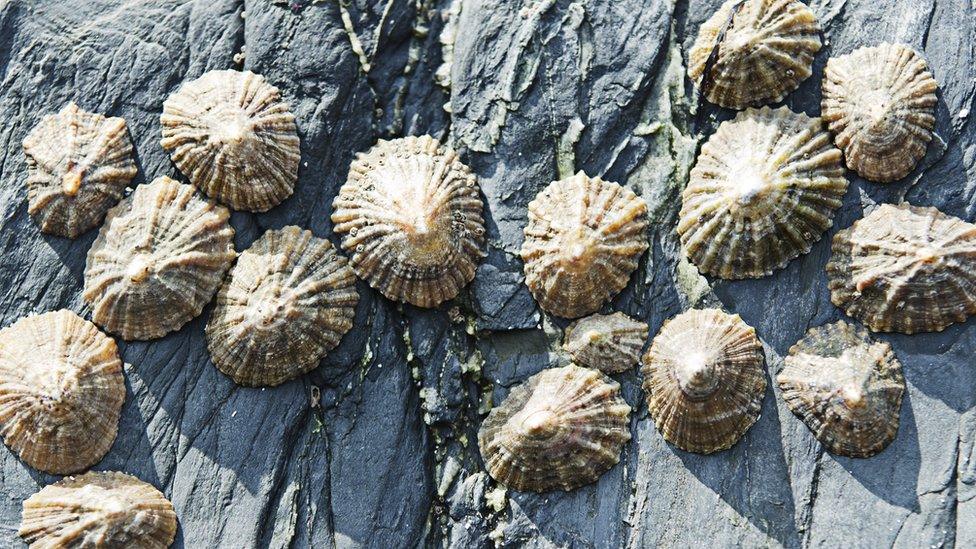
Limpets are a kind of sea snail which look like small pointy shells clinging to rocks and boats.
They don't seem to be doing much with their time, but the coolest thing about them is their tongues.
Their tongues are the world's strongest biological structure because they constantly scrape algae off tough rocks without wearing away.
Sloths
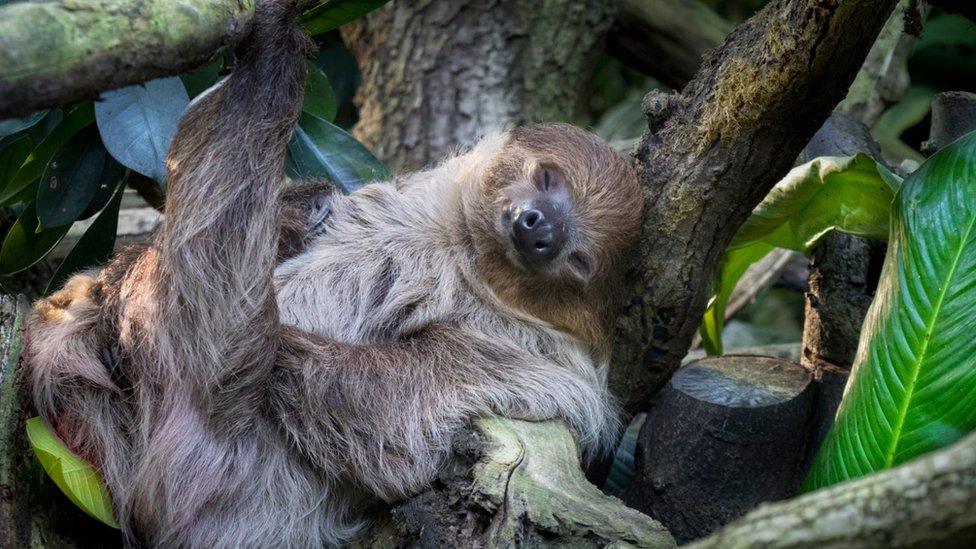
Some of you will know all about these adorable creatures.
Sloths snooze for about 15 hours a day, giving them only nine hours of daytime.
They travel fewer than 40 metres per day - that's barely half a football pitch.
Sloths spend a majority of their time up in the trees, coming down only once a week to use the loo!
Nurse sharks
Nurse sharks do so little with their time that they are known as the couch potato of the shark world!
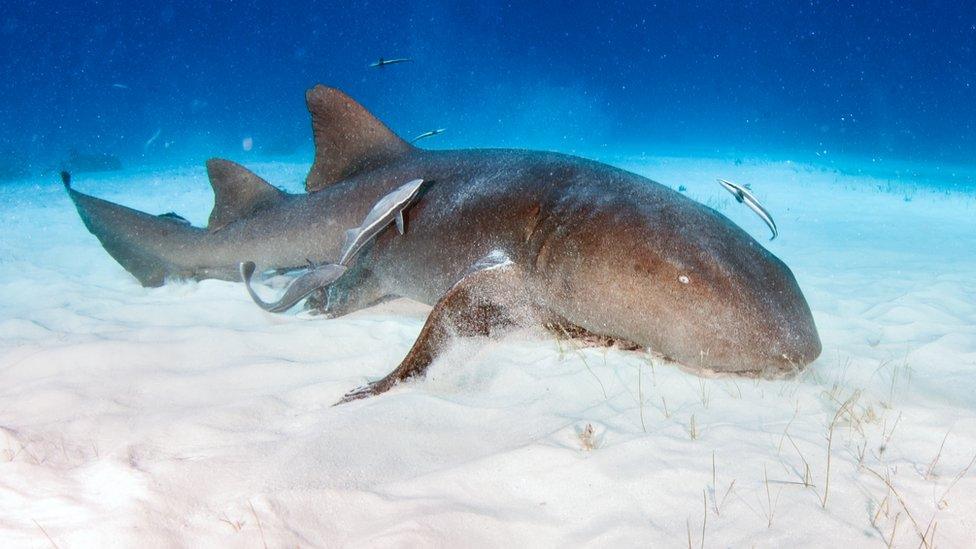
They are far from fast-moving creatures, with a usual speed of just 1.5 miles per hour.
Nurse sharks enjoy the good life, sticking to warm tropical waters, chilling out in groups of up to 40 sharks together.
They are nocturnal, meaning they love to snooze in the day, becoming totally inactive for hours on end. Bliss!
Pythons
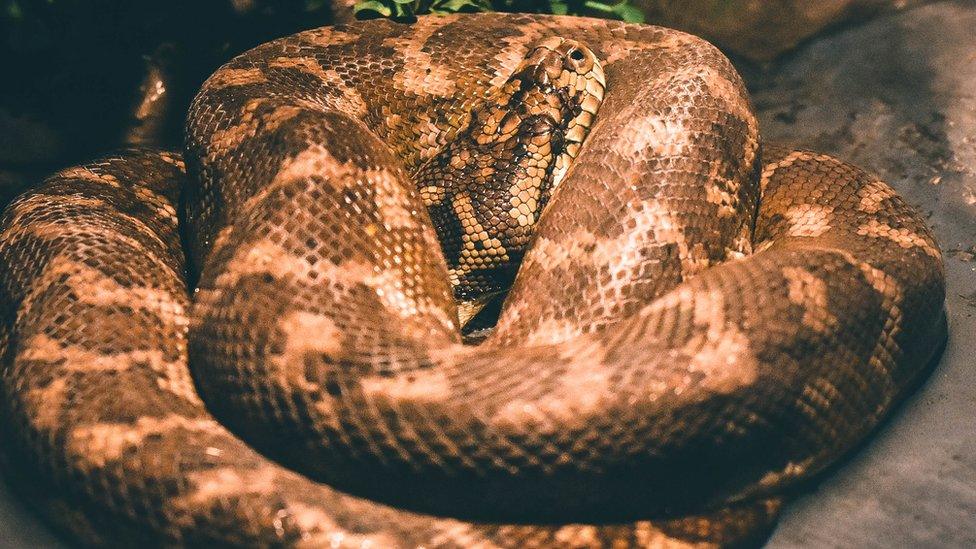
They may look a little scary but they are pretty lazy creatures.
Pythons sleep for up to 18 hours a day and get tired very quickly when digesting their food and shedding their skin.
Some of the sleepy snakes have even been known to snooze for up to a week to prepare to shed their skin.
- Published6 February 2020
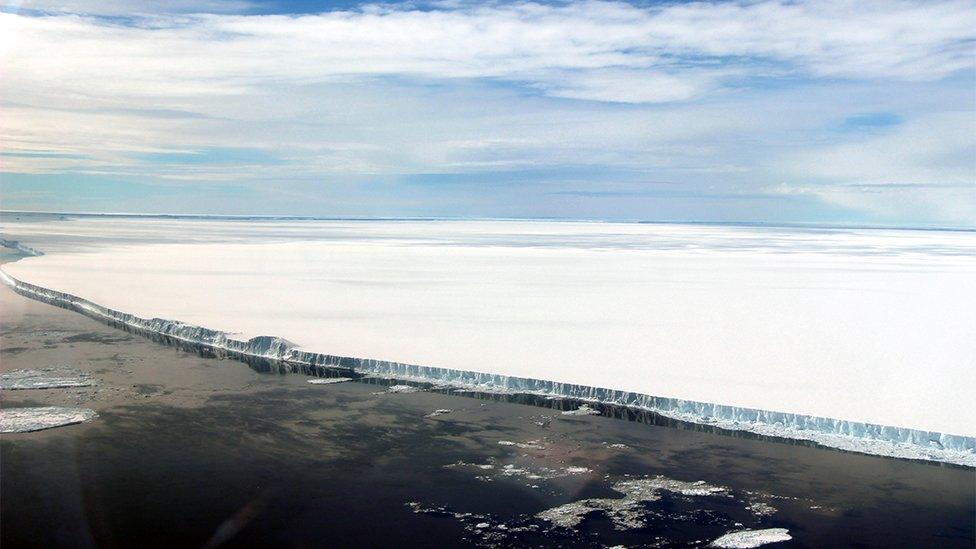
- Published5 February 2020
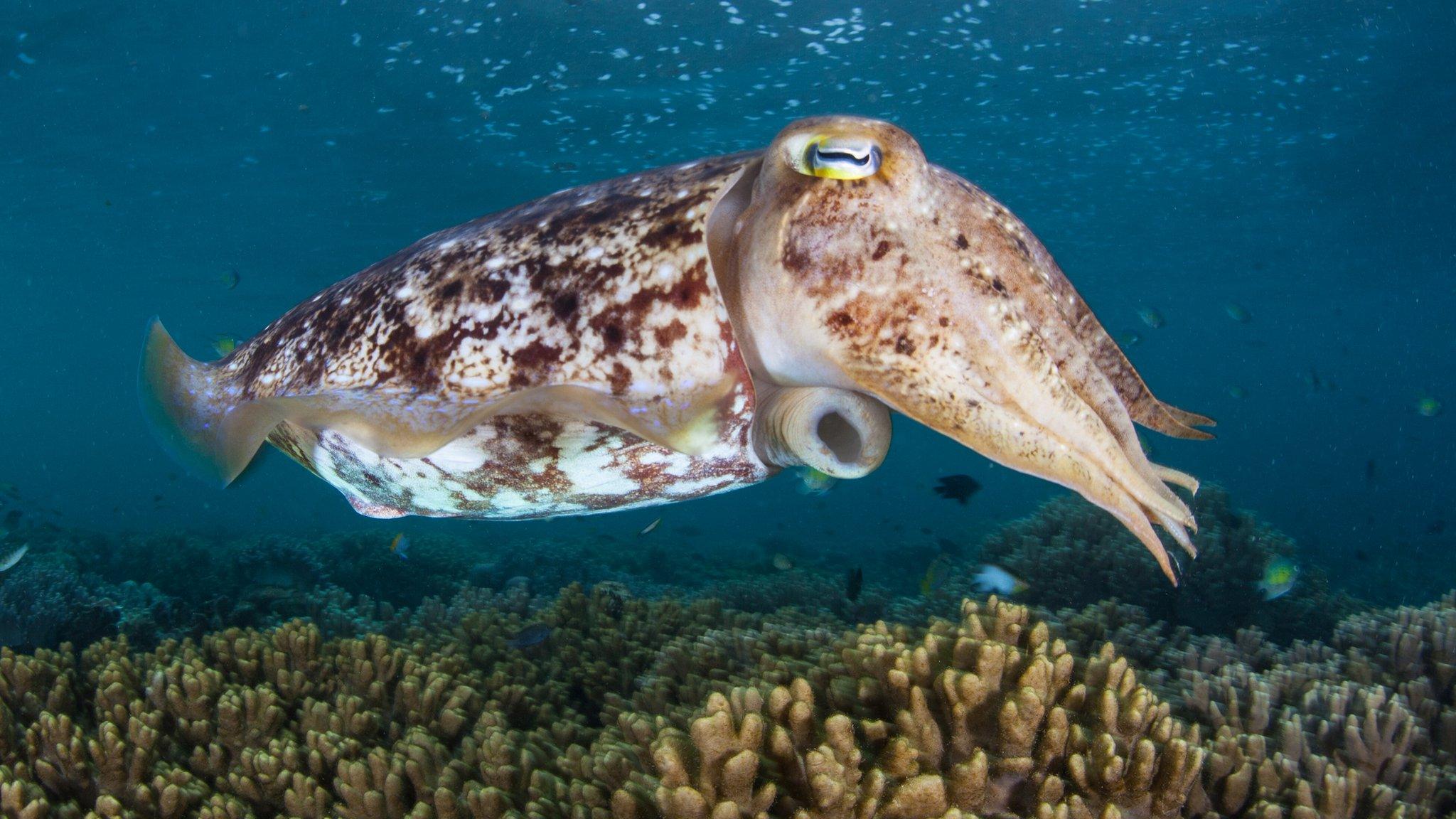
- Published5 February 2020
